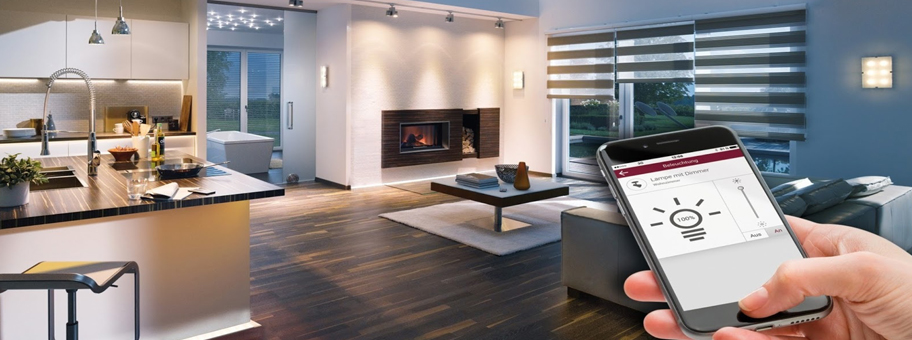ATTENTION! At 00:00 the MTIBU database will be updated. Please start concluding the contract after 00:00

18.05.2017
1759
According to a study by NTT Data, 77% of insurance companies, under pressure from consumers, are already developing home insurance packages that take into account the presence of smart systems.
NTT Data surveyed more than 1,000 consumers and 100 insurance companies in the United States and found that about 64% of homeowners intend to install smart systems in their homes. At the same time, they are not satisfied with the services that their insurance company currently provides.
This motivates insurance companies to develop service packages taking into account the use of new technologies and provide discounts to those who have installed IoT systems in their homes, such as Google and Amazon products.
According to the results of a study by NTT Data, 2 out of 3 homeowners expect a discount when installing smart thermostats, smoke detectors and automatic garage doors.
- «Our study shows that a fairly large group of insurance company customers are going to invest in smart home technologies. However, these customers are the least satisfied with insurance service providers», - says Norman Lepin, senior research manager in the insurance analysis department of NTT DATA.
Insurance companies have recently been paying more and more attention to new technologies. With the development of the Internet of Things, insurers have gained access to a large amount of personal data of their customers, including their physical activity, driving style and daily habits. All this significantly affects pricing in the industry.
The “Internet of Things” market is predicted to grow by 20% annually - by 2020, the contribution of IoT technologies to the global economy will be $15 trillion. By this time, 50 billion devices will be connected to the Internet.
The world economy is on the verge of a new, largest wave of the “Internet of Things” technological revolution in terms of speed and coverage. It will significantly change the structure of the global economic system. In 2015, the costs of using “Internet of Things” technologies in industrial facilities amounted to $870 billion, and for private consumers - $546 billion.
The use of "Internet of Things" technologies, in turn, requires a fundamental restructuring of business and state approaches to interaction, decision-making, stimulating innovations and forming the legislative environment. The results of the study indicate an area of interaction for companies in all sectors of the economy, joint development of cross-sectoral interaction initiatives.
Source:Forinsurer